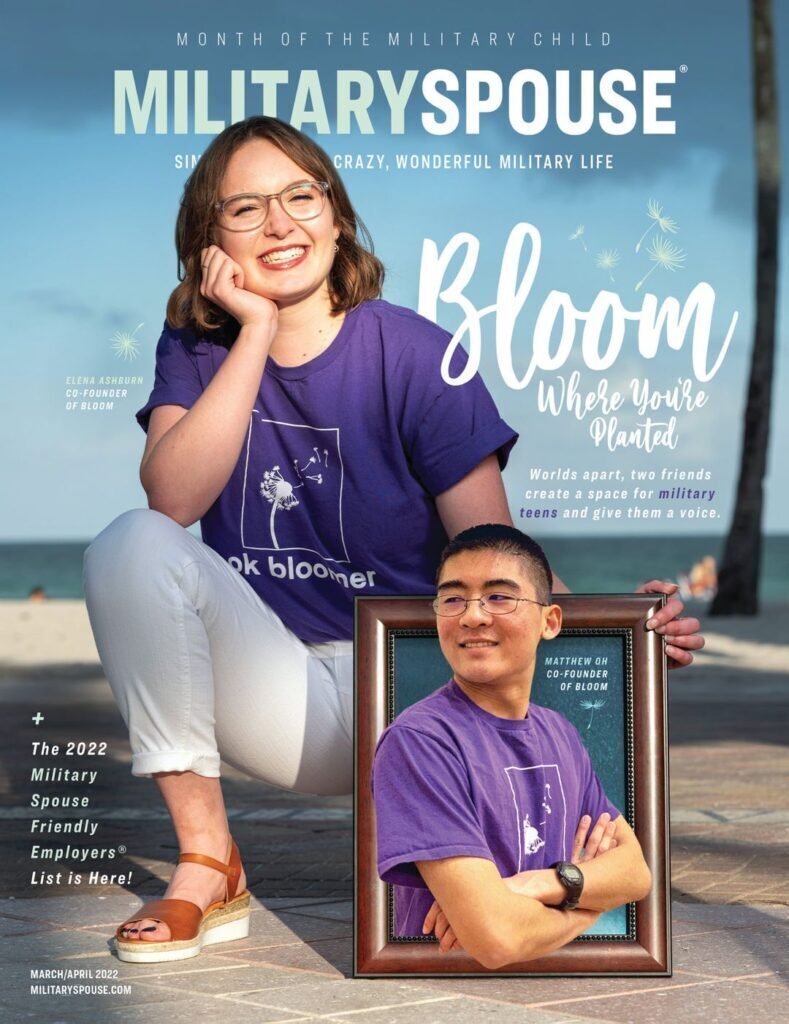Since 2015, the Department of Defense (DoD) has poured over $1.5 billion dollars into a program designed to detect, prevent, and promote awareness around domestic abuse in the military.
This program is called the Family Advocacy Program (FAP). According to the DoD website, the program exists to “directly provide or coordinate a range of services for individuals and families impacted by violence, abuse, and neglect.”
Here is the question this article seeks to answer. “Does it work?”
There is another question at the heart of this issue that has appeared and reappeared in my research. And I think it is imperative to explore the connection between the two.
“Are you sure that you want to ruin your spouse’s career?”
After interviewing several spouses, every single one—from all branches, multiple locations, and bases—have alleged they were threatened, bullied, or discouraged from reporting. They all requested anonymity.
This question was reportedly voiced to victims by commanders, security forces, and military police. Allegedly, this question was also asked by FAP workers who were assigned to serve the spouses of active duty service members.
One Army spouse described her experience with Family Advocacy as her husband’s commander’s method of avoiding civilian agencies that could help her and simultaneously pressing her to stay silent. Under current policy, commanders decide whether an accused service member is punished for domestic violence and if they will be court-martialed.
“I sat in the Family Advocacy office with my abuser. The ‘counseling’ session I was offered was not for healing or reconciliation. It was to conceal what had been happening to me from the civilian agencies that could help me. It was a hush session,” the Army spouse said.
Only one spouse I interviewed found value in the program. Through Family Advocacy she was able to get connected to a local domestic violence shelter, escaping abuse and starting a new life—albeit with difficult paths to navigate between civilian and military agencies.
“The Family Advocacy Program pointed me in the direction of local area resources that could help me escape a toxic and dangerous environment,” the Navy spouse said.
The spouse said she was still exposed to intimidation tactics and threats from military personnel about reporting the emotional abuse she was suffering, even though her account showed evidence of abuse as defined by the DoD.
The Department of Defense defines abuse in four categories: emotional or psychological abuse, economic control, interference with personal liberty, and spousal neglect. When domestic abuse is reported, survivors can utilize Family Advocacy to aid in creating a safety plan, support in deciding how to report, help getting a Military Protective Order, and connections to civilian resources.
This woman’s husband was not charged under the Uniform Code of Military Justice by the instruction of his commander and is still serving on active duty.
Does the Family Advocacy Program work? Anecdotally, it seems the answer is “no.” Some of the spouses I interviewed held the program in deep contempt, citing apathy and the unwavering belief that the organization only exists to protect service members. Only a single spouse interviewed, out of several, described her Family Advocacy case worker as compassionate and caring.
Asked how FAP success is measured, the Defense Department provided the following data: For FY 2020, more than 96 percent of abusive spouses and intimate partners who began and completed clinical treatment in the previous fiscal year had no substantiated incidents of domestic abuse in FY 2020.
The spouses we talked to described a culture of tolerance within our beloved armed forces.
“Family Advocacy is not for the families,” said an Air Force spouse. “They are for the military.”
The pervasive perspective of the Family Advocacy Program among the domestic abuse survivors we spoke to is bleak. They say they do not have the support they need, nor do they dare to hope for it as the existing system is riddled with faults and failures. All of the interviewees shared their despair amidst reporting their abuse. Accounts of being berated, degraded, and humiliated were common threads.
“They are the broom that sweeps us under the (expletive) rug,” one Marine spouse said.
A DoD spokesperson responded to the spouses’ allegation that a culture of tolerance exists in the military and in the Family Advocacy Program.
“The Department is committed to the safety and well-being of our service members and their families. FAP’s top priority is safety for individuals and families in the military community who may be at risk for, or experiencing, abuse. FAP also works with service members and their families to support healthy relationships and nurturing parenting. In recent months, the Department has been focused on developing strategies to build awareness of reporting and resources to prevent and respond to domestic abuse.”
In November 2020, two senators introduced a bipartisan bill to Congress that would have ensured the Family Advocacy Program was “properly resourced, improving coordination of the program on installations, and increasing education about the program for servicemembers and families in order to quickly intervene and prevent domestic violence in the military.” Although the Military Family Violence Prevention Act proposed by Sens. Kyrsten Sinema (D-Arizona) and John Cornyn (R-Texas) never made it out of committee, it was reintroduced in March 2021 and referred to the Committee on Armed Services. Companion legislation was introduced in the US House by Reps. Dave Joyce (R-Ohio) and Ann Kuster (D-NH).
“Domestic violence survivors deserve our full support as they rebuild and recover, and we owe it to them to ensure perpetrators are held accountable. We’re empowering survivors by improving counseling and encouraging reporting on military bases, ensuring the health and safety of everyone in our military communities,” Sen. Sinema said in a statement.
If you are experiencing abuse or neglect, contact the National Domestic Violence Hotline at 800-799-7233.









